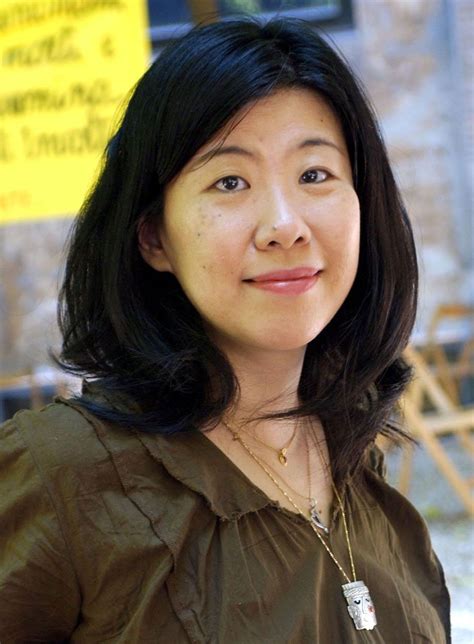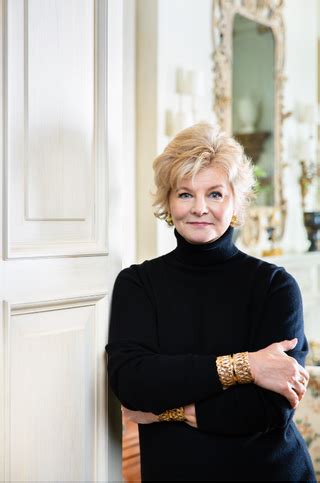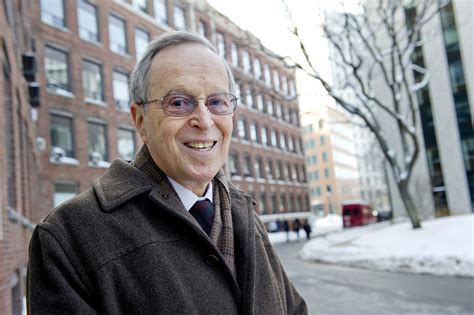A Quote by Banana Yoshimoto
Living like that utterly convinced me of the extreme limitations of language. I was just a chlld then,so I have only an intuitive understanding of the degree to which one losses control of words once they are spoken or written. It was then that I first felt a deep curiosity about language, and understood it as a tool that encompasses both a single moment and eternity
Related Quotes
The advantage of the gypsy language, even though I don't understand it that much, the language is perfect melody. So if you propose the movie the way I do, then the language is just one part of the melody. Orchestrating all inside, and the language is following the meaning of what they say, and it's never the same as written.
Being a slow reader would normally be a deficiency; I found a way to make it an asset. I began to sound words and see all those qualities - in a way it made words more precious to me. Since so much of what happens in the world between human beings has to do with the inconsideration of language, with the imprecision of language, with language leaving our mouths unmediated, one thing which was sensuous and visceral led to, in the use of language, a moral gesture. It was about trying to use language to both exemplify and articulate what good is.
For language to have meaning, there must be intervals of silence somewhere, to divide word from word and utterance from utterance. He who retires into silence does not necessarily hate language. Perhaps it is love and respect for language which imposes silence upon him. For the mercy of God is not heard in words unless it is heard, both before and after the words are spoken, in silence.
Language both reflects and shapes society. Culture shapes language and then language shapes culture. Little wonder that the words we use to talk to each other, and about each other, are the most important words in our language: they tell us who I am, they tell us who you are, they tell us who 'they' are.
Sound words can't be understood through formal study of the language alone. They're felt when you immerse yourself in the culture or lifestyle that becomes a part of you. The Japanese language is abundant with onomatopoeia. Even though I've lived in Japan a long time, sound words are still an uncertain territory. And I think new words are being created every day. Even when I don't know a word I can sometimes connect it to a meaning using the sensations produced by the sounds, which feels like I'm playing with words.
Language [can] be expressed . . . by movements of the hands and face just as well as by the small, sound-generating movements of the throat and mouth. Then the first criterion for language that I had learned as a student—it is spoken and heard—was wrong; and, more important, language did not depend on our ability to speak and hear but must be a more abstract capacity of the brain. It was the brain that had language, and if that capacity was blocked in one channel, it would emerge through another.
Philosophy [nature] is written in that great book which ever is before our eyes -- I mean the universe -- but we cannot understand it if we do not first learn the language and grasp the symbols in which it is written. The book is written in mathematical language, and the symbols are triangles, circles and other geometrical figures, without whose help it is impossible to comprehend a single word of it; without which one wanders in vain through a dark labyrinth.
It took a pretty drastic moment to shift my thinking towards visual arts. I got to a moment in my writing career when I wasn't trusting the language, I was really not trusting the written language, the English language. How do you work with a material that you don't have trust in? I had to step away from it and find another way of articulating and I had to do it without words.
Deep breaths. I am taking deep breaths. Composure. Which, for me, means composing... Maybe this is my way of creating the illusion of control over something I have no control over. Like, if it's just a story I'm telling or a song I'm singing, then I'll be okay because I'm the guy who's providing the words.
If a novel is written in a certain language with certain characters from a particular community and the story is very good or illuminating, then that work is translated into the language of another community - then they begin to see through their language that the problems described there are the same as the problems they are having. They can identify with characters from another language group.






































